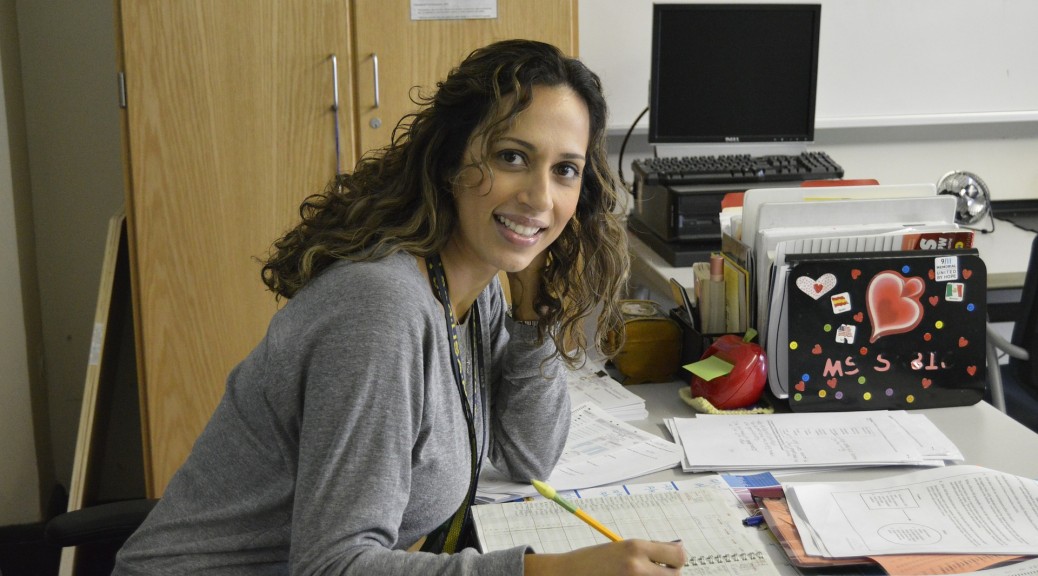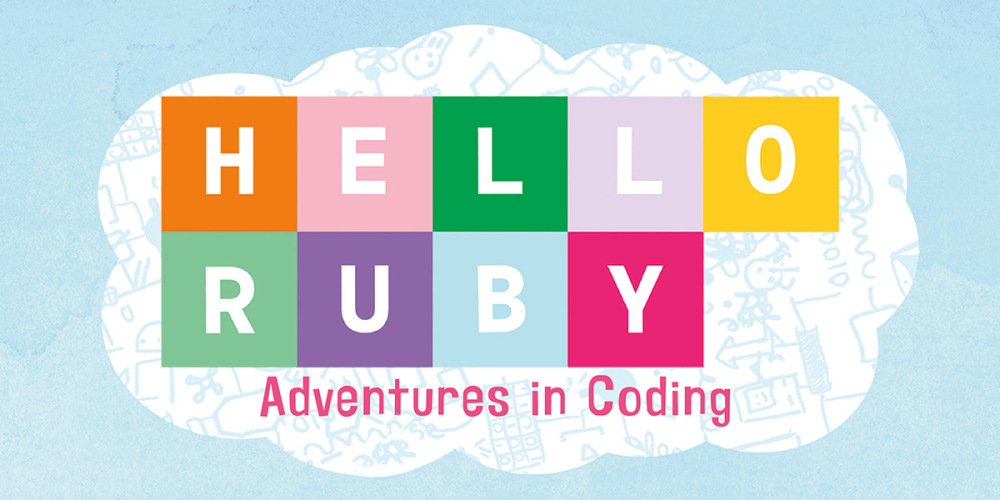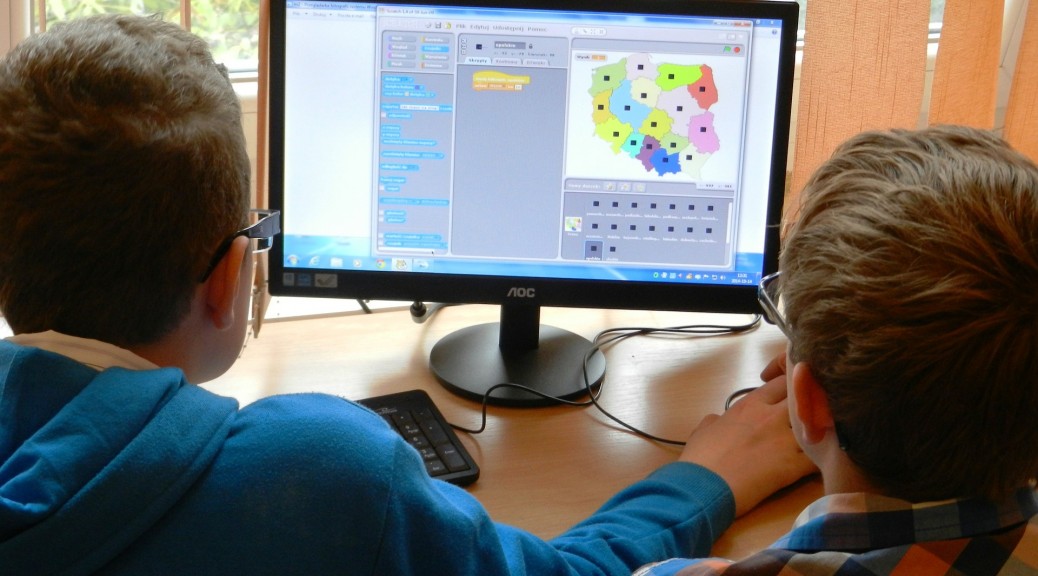In some places, it is hard to find quality coding teachers. Consider a recent article for the Tennessean titled “Search for coding teachers encounters obstacles.”
Jaime McGee of the Tennessean writes, “If the point of building a computer science program is to prepare students for jobs that are in high demand, how do you find coding teachers who are already highly sought after in the private sector? It’s the conundrum that coding programs across the United States face as they seek to fill their teaching ranks. At RePublic Schools, which offers computer science at four Nashville schools, the strategy has been to find teachers who are interested in teaching coding, rather than finding coders interested in teaching. ‘Given the way the economy and the actual demand for jobs is right now, someone who is really proficient in computer science seems to have a lot of flexibility in the job and environment they work in,’ said Ryan York, RePublic’s chief information officer. Part of it comes down to salary. An average middle or secondary school teaching job pays about $49,000 in Tennessee, while Tennessee software developers make an average of $82,000 to $88,000, according to the U.S. Bureau of Labor Statistics. York was a math teacher at Apollo Middle School when he taught himself computer programming. He created software for teachers that would help them track students’ proficiency more efficiently and develop individualized learning plans. Having already developed a passion for education, he shifted his focus to technology, but still within schools.”
Some adults might need unconventional ways to pick up on coding so they can teach it to youth. Consider a recent article for Quartz titled “This new robot teaches kids about coding—but it’s awesome for grown-ups, too.” Mike Murphy of Quartz writes, “Dash and Dot are meant for young children (although the box says ‘Ages 5 to ∞’), so Gupta says for now at least, the actual code behind what kids are doing in the app won’t be available for them to check out. But Gupta says he wants to get kids thinking at an early age about how things in the digital age actually work. And although I’m not the target demographic, I liked building little programs to make Dash and Dot terrorize my coworkers, or annoy my roommates. I liked being able to take a broad view on my programs, seeing how every step would unfold—something that is often lost in laymen looking at a text-based programming language. While I’m not entirely convinced that a five-year-old would be able to appreciate the coding aspect of Dash and Dot yet, Gupta said it’s a toy that’s meant to grow with kids.”
When it comes to customized coding education, your best bet is CodeRev Kids. At CodeRev Kids, students learn computational thinking, which encompasses a wide range of programming concepts and languages. Our lessons build upon one another and we adjust starting points to each student’s level of expertise. Thus, the entire curriculum is customized.
We are known for saying we are the most educational tech camp out there, but we also keep the focus on having fun. As a result, students stay engaged while learning to blend creativity with technology.
Sign up for one of our after school programs or fall classes today!









